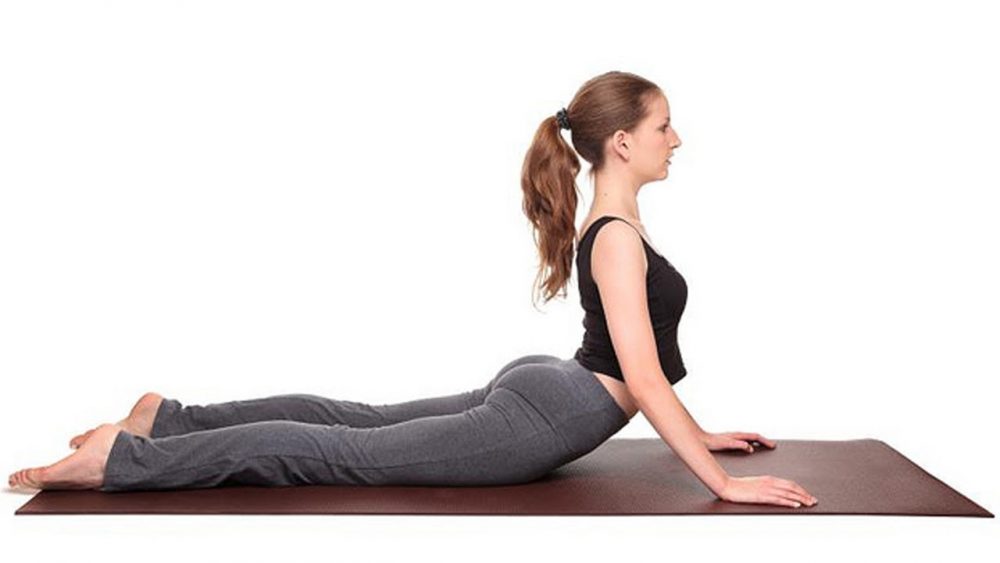Muscle aches and pains are possibly one of the most common afflictions that people of all ages have at some time. You can ignore minor instances and they’ll probably resolve on their own, perhaps, by getting some rest. But, when the pain becomes debilitating and hampers regular movement and activities, that’s when you need to look for solutions. Before treating muscle soreness, it is advisable to identify the reasons why you have the problem. Managing the causes is the practical first step to alleviate muscle aches and pains.
Check with Your Medical Practitioner
Getting a routine checkup with your medical professional can help identify the reasons why you have muscle pain, stiffness, and difficulty in movement. Here are some of the conditions that typically trigger tissue inflammation.
- Extreme stress manifests in additional symptoms like chest pain, high blood pressure, heart palpitations, headaches, and shortness of breath. In addition to giving you anti-anxiety medicine, your doctor may suggest stress-relieving techniques like deep breathing, exercise, and counseling, while also stepping away from the situations that make you feel stressed.
- Medical conditions like nutritional, iron, and calcium deficiency and dehydration can make you feel achy and tired. If you’ve just had an infection, the flu, or pneumonia, you can expect muscle pain as part of the affliction. Eating a nutritious diet and resting will help the recovery process and you should feel better soon.
- Check back on your activities over the last few weeks. Have you been sleeping well? Did you get injured or sprain or strain your muscles when exercising? Or, have you just taken up a new workout program? If you just answered “yes” to any of these questions, that’s your reason. If you’ve had busy days with too much physical exertion at home or at work, that could also lead to an episode of muscle pain. Typically, a good over-the-counter roll-on pain reliever should work well to ease the inflammation and relax sore muscles.
- Several chronic illnesses can cause muscle distress, such as Lyme disease, lupus, multiple sclerosis, dermatomyositis, mono or mononucleosis, and fibromyalgia. The treatment plan recommended by your healthcare professional could help relieve the symptoms.
Alleviating Muscle Aches and Pains
Whether you’re recovering from an illness or dealing with stress, the best way to alleviate muscle soreness is to get adequate rest. When you sleep, the body kicks into action to repair damaged cells and tissues. Ease up on caffeine and alcohol, and instead focus on a high-protein diet rich with amino acids that will assist in tissue repair.

- Overexertion, stress, and minor injuries can be overcome easily at home by adopting the R.I.C.E method. Rest the affected muscles and refrain from doing the activity that caused the damage. Apply an ice pack to ease the swelling and pain. Wrap a compression bandage around the muscles to lower the inflammation. If possible, elevate the affected area.
- With your doctor’s advice, take some mild painkillers to relieve the pain during the recovery process.
- If your muscle pain results from an injury, exertion, or excessive working out, consider light stretching exercises to promote blood circulation. Check with your personal trainer for advice on the movements you can safely do to speed up recovery.
- Prevent the possibility of similar injuries and strains occurring again. For instance, invest in robot lawn mowers or a Roomba to take away the stress of lawn and home maintenance. Use technology wherever possible to avoid manual muscle power and injuries.
- If you hold a desk job that involves inactivity for long periods, make it a point to get up from your seat and walk around every 30 minutes. Take a break and stretch your muscles to avoid stiffness and aches.
- Take up deep breathing exercises and any other techniques to help you let go of stress. Meet up with friends and family for a meal or just to spend a few hours to relieve depression and anxiety. You can also sign up for yoga and meditation or adopt a pet.
Relaxing aching muscles and alleviating the pain is easier than you think. Make sure to understand the causes of the discomfort before you figure out how to get relief.
Disclaimer
The Content is not intended to be a substitute for professional medical advice, diagnosis, or treatment. Always seek the advice of your physician or other qualified health provider with any questions you may have regarding a medical condition.Original Article









